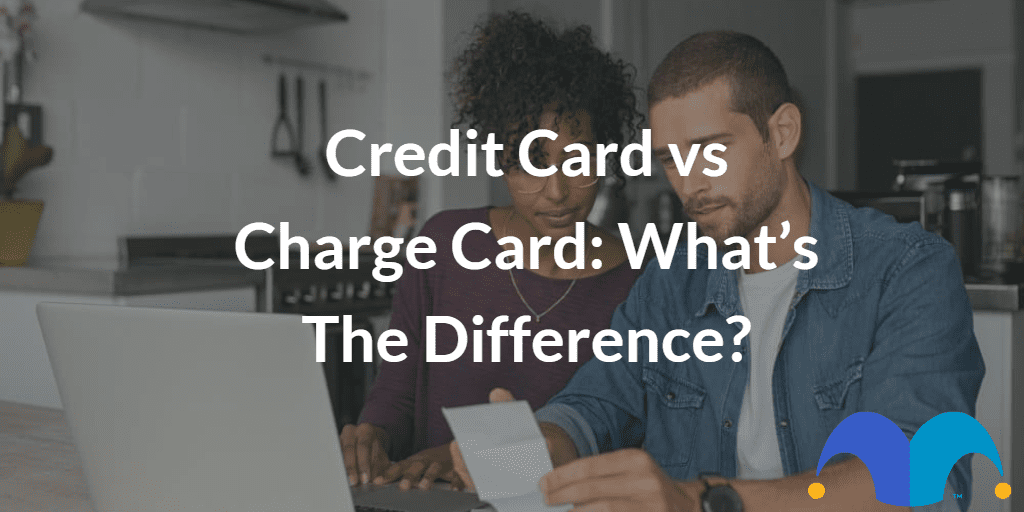Charge card vs credit card: which is right for you? While these cards may look similar, they are two very different products that could have contrasting impacts on your financial situation.
In this guide, we take a look at the main differences between credit cards and charge cards to help you determine which is best for your needs.
What are credit cards and charge cards?
What is a credit card?
A credit card works a bit like a flexible loan with an interest-free period. You can spend on your card up to an agreed limit and you won’t have to pay any interest if you repay your balance in full each month. You can also choose to repay the minimum amount. This means you’ll start paying interest on the balance from the date your payment is due.
What is a charge card?
A charge card works a bit like a credit card but you have to pay the full balance each month. If you don’t repay your balance, then you face a hefty late fee.
5 differences between credit cards and charge cards
There are several differences between credit cards and charge cards. Here are some of the main differences to be aware of.
1. Spending limits
A key difference between charge cards and credit cards is their spending limits.
Charge cards do not have a set spending limit. However, this doesn’t mean you have unlimited spending power. It simply means the limit changes automatically. Your lender decides your limit based on your card use, payment history, credit record and other factors. Cardholders can check their spending limit with a mobile app or go online to find out instantly whether purchases will be approved.
A credit card comes with a set spending limit. Once you use this up, you need to repay your existing balance before you can use the card again. This could help some people to manage their spending and live within their means.
2. Annual fees
Charge cards normally have high annual fees. While some credit cards also have annual fees, they are generally not as high as those of charge cards, and it is possible to apply for a credit card that has no annual fee. This makes credit cards more accessible to a wider range of consumers.
3. Debt repayments
Perhaps the main difference between a charge card and a credit card is their repayment schedules. With a charge card, you have to pay back your balance in full each month, with fees for late payment if the balance is not repaid. Debt cannot be accumulated, and therefore no interest is charged.
In contrast, a credit card allows you to accumulate debt over a period of time. As long as you make the minimum payment each month, you can benefit from the flexibility of being able to pay back the balance at some point in future. Interest is charged on any balances not paid off each month. Credit card interest rates vary between cards and are often high.
4. Credit utilisation
Your credit card balance counts towards your credit utilisation whereas a charge card balance doesn’t because it is paid back in full every month.
Credit utilisation is the percentage of your current credit limit you are using. If you have a high level of credit utilisation, then this may affect your credit score and make it more difficult to get further credit in the future.
5. Consumer protection
Credit cards have built-in consumer protection for purchases costing more than £100. These purchases are protected under section 75 of the Consumer Credit Act, and the credit card issuer is jointly liable if something goes wrong.
In contrast, charge cards don’t offer this protection.
Credit card vs. charge card: which one is best for you?
For most people, a credit card is a better option than a charge card.
It is more flexible, generally charges lower fees and offers consumer protection for larger purchases. As a cardholder, you can repay your balance in full each month, but you also have the financial flexibility to pay your balance off at a later date. There’s a wide range of credit cards available, so you should be able to find one to suit your needs.
A charge card could be suitable for you if you want to benefit from the prospect of having no pre-agreed spending limit but know you will be able to repay the balance each month. For example, if you’re a business owner, you may want to use a charge card for your business expenses if you can repay the card in full every month.
Either way, it makes sense to consider your requirements before applying for either type of card.
